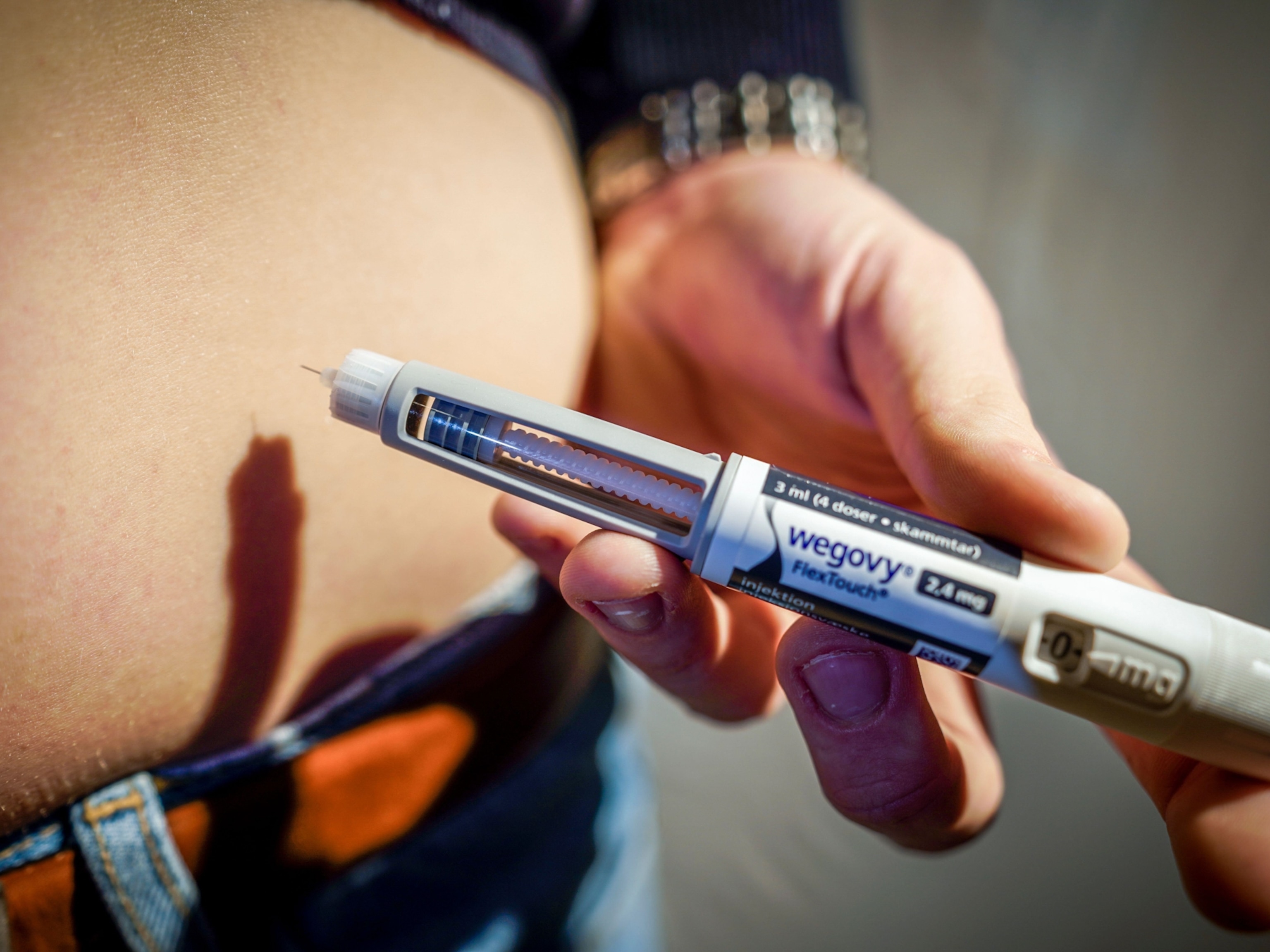The FDA approved the first colon cancer screening blood test. Could it replace colonoscopies?
The new test is less invasive and time-consuming than the gold standard test. But it has some shortfalls—and experts say it’s important to consider all your options.

With colon cancer the second largest cancer killer in the United States, experts have long urged eligible adults to undergo regular screenings, but many avoid them because they are unpleasant, invasive, and time-consuming. That’s why it’s big news that the U.S. Food and Drug Administration has approved the first blood test screening option, allowing people to check for colon cancer in a similar way doctors assess their cholesterol and blood sugar.
The test, called Shield, uses blood drawn by a medical professional and sent to a lab. The test detects signs of colorectal cancer—proteins associated with colon cancer and DNA from tumor cells—in the bloodstream. Shield has been available in the U.S. by prescription since 2022 but gaining FDA approval makes it more likely the method will be covered by private insurance and Medicare.
Survival rates are significantly higher when colon cancer is detected early. Some 91 percent of people live five years or longer if the cancer is removed when it is still restricted to the colon. If discovered after the colon cancer has spread, only 15 percent of patients live this long. Yet only 35 percent of Americans with the disease are diagnosed at the earlier stage.
Colon cancer screening, which leads to earlier detection, is so effective that several years ago the U.S. Preventive Services Task Force lowered the recommended age of screening from 50 to 45 for people of average risk. Yet studies show only about two-thirds of Americans are up to date with the screening recommendations.
(Colon cancer is rising among young adults. Here are signs to watch for.)
According to Shield’s manufacturer, Guardant Health, some people avoid getting tested because they dislike the time-consuming nature and discomfort of colonoscopy or flexible sigmoidoscopy—where a scope examines only the lower intestines—both of which require bowel cleansing preparations, or the need to handle samples for stool-based tests.
“A blood test like this is likely to have uptake for certain individuals that meet screening guidelines but are not currently being screened,” says Michael Cecchini, a medical oncologist at Yale Cancer Center. The test is especially valuable in places in the U.S. and globally that lack access to invasive modalities like colonoscopy, he says.
Still, Cecchini emphasizes that more studies are needed to determine whether the blood test reduces colon cancer mortality over time, which is the ultimate goal.
Colonoscopy may still be needed
The FDA’s approval follows the publication of a clinical trial testing the blood screen in the New England Journal of Medicine in March, which included more than 20,000 people in rural and urban communities across the country. Shield correctly identified 83 percent of people who had colorectal cancer, only slightly lower than the sensitivity of stool DNA tests.
But Shield did not identify many large polyps, some of which can later develop into cancer.
“One way to think about other screening modalities, such as a colonoscopy, is that while it can also identify cancers, it can remove pre-malignant polyps,” Cecchini says.
And people whose blood screen is positive still require a colonoscopy to confirm that a positive result was not false, which happens about 10 percent of the time.
Some worry that insurance companies might not fully cover colonoscopies that follow a positive blood test, as they are required to do by law for routine screening colonoscopies.
But experience shows this may not be a concern, says Prosper Abitbol, a gastroenterologist in Boca Raton, Florida. “Screening colonoscopies have been covered by insurance after positive results from Cologuard,” a stool DNA test, he says.
Experts say the most important thing is to choose a screening regimen from among the available options.
Americans ages 45 to 75 or older who are at average-risk for colorectal cancer should either have a colonoscopy, considered the gold standard, every 10 years; a flexible sigmoidoscopy or virtual colonoscopy every five years; a stool DNA test every three; another stool test annually; or the new blood test.
It is currently unclear how often the Shield test should be repeated, as it is not yet included in cancer guidelines. Studies evaluating various intervals to most accurately gauge the ideal “will take about 10 years,” says Aasma Shaukat, a gastroenterologist at New York University’s Grossman School of Medicine who has worked on screening guidelines from gastroenterology societies. Until then, the manufacturer will likely recommend whatever interval insurance will pay for, as is currently done for Cologuard, Shaukat says.
Even though a blood test may not be as comprehensive as some other methods, its simplicity is a major advantage, Cecchini says. “The ‘best’ screening test is the one that a patient is willing to do.”





